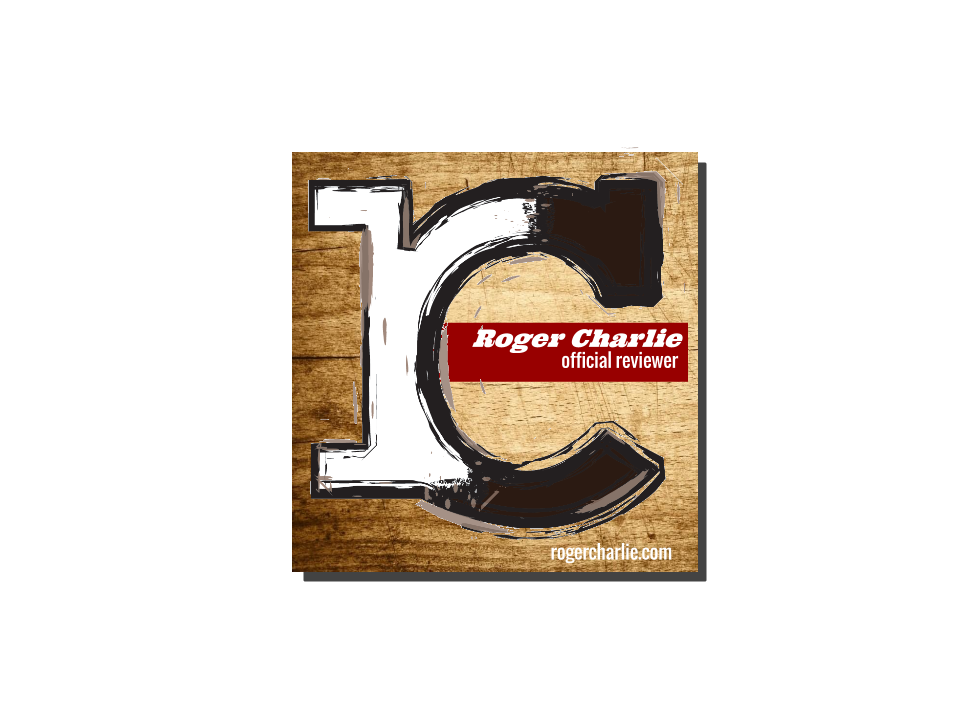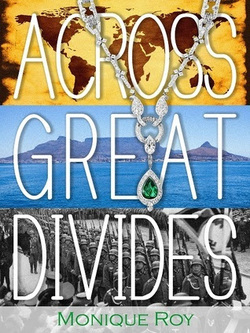
Across Great Divides is a timeless story of the upheavals of war, the power of family, and the resiliency of human spirit. When Hitler came to power in 1933, one Jewish family refused to be destroyed and defied the Nazis only to come up against another struggle—confronting apartheid in South Africa.
Sixteen-year-old Eva and her twin sister, Inge, witness their lives in Berlin change before their eyes. Their best friend, Trudy, betrays them when she becomes a member of the Hitler Youth. A valuable family heirloom, a beautiful emerald and diamond pendant necklace, is confiscated by the Nazis as they continue to harass Jewish families and businesses. The family is conflicted whether they should leave home. But after the devastation of Kristallnacht in 1938, they finally flee Germany with the help of the underground resistance after hiding many diamonds. They seek refuge in Antwerp, but war follows them as Belgium is occupied by the Germans.
After they escape Europe - hiking over the Pyrenees Mountains while eluding German patrols and Spanish informers - they spend agonizing days on a ship bound for Rio de Janeiro that is targeted by a German U-boat. As Rio’s diamond business is corrupt, they decide to go to South Africa, another diamond market. In Cape Town, Eva encounters an impoverished colored woman, Zoe, who is in need of work. The family hires Zoe as their maid and shields her and her daughter, Zola, from the dangers they face in the slums of District Six and from the horrors of apartheid, which are all too reminiscent of Nazi Germany.
But, when Max gets into trouble with the South African police over his participation in an anti-apartheid march, will he be subject to imprisonment?
In a thrilling conclusion, the family comes to terms with the evils of society, both in their memories and current situation in South Africa.
Book Details
Across Great Divides
Monique Roy
Historical Fiction - WWII
ISBN: 0615846688
Add to GoodReads Buy on Amazon
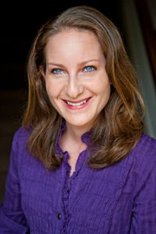
Monique loves writing that twitches her smiling muscles or transports her to another time or place. Her passion for writing began as a young girl while penning stories in a journal. Now she looks forward to deepening her passion by creating many unique stories that do nothing less than intrigue her readers.
Monique was born in Cape Town, South Africa, and her grandparents were European Jews who fled their home as Hitler rose to power. It's their story that inspired her to write Across Great Divides, her debut, historical fiction novel.
Monique holds a degree in journalism from Southern Methodist University in Dallas and is also the author of a children's book Once Upon a Time in Venice. In her free time, she loves to travel, play tennis, pursue her passion for writing, and read historical fiction. In 2008, she was chosen by the American Jewish Committee's ACCESS program to travel to Berlin, Germany, on the 70th anniversary of Kristallnacht, to explore German and Israeli relations along with 20 other Jewish professionals from across the U.S.
Website | Facebook | Twitter
Kristallnacht—Sparking a Fading Memory
Kristallnacht—the word itself provokes stark images. Breaking glass exploded into city streets, while fires ravaged synagogues. The “Night of Broken Glass” resulted in the destruction of 1,000 synagogues and 7,000 Jewish-owned businesses throughout Germany, Austria and Czechoslovakia. The Nazis killed Jews on the streets of Europe and rounded up 30,000 Jewish males and sent them to concentration camps. The night of November 9, 1938 was a significant turning point toward the murder of six million Jews in the Holocaust.
In chapter four of my historical fiction novel, Across Great Divides, readers experience the horrifying night of terror that marked the transition from discrimination against Jewish citizens to their systematic persecution.
“When a cold dawn finally came and the faint morning sun peeked through the lingering fog, the evidence of the night became visible. Fires continued to smolder. Broken glass crystallized the streets. It looked like they had suffered an air raid. Residents stood in the streets as they watched the synagogues continue to burn to the ground. Everyone seemed to be asking for forgiveness, but no one said a word or did anything to stop the roaring flames or the destruction that had occurred only hours before.” [Chapter 4, Across Great Divides]
The inclusion of Kristallnacht in Across Great Divides reflects a reality that we all must face—that we must never forget. The 75th anniversary of Kristallnacht just passed, and before long, all the witnesses to this tragic event will be gone. No longer can those witnesses speak of the horrors, so it is left to us to teach the world about Kistallnacht. We should always remember the pogrom by fighting hatred, racism, and anti-Semitism of any kind. We must do this because in 1938 hatred of this kind was enforced by the Nazi regime, but today, we can stand up to hatred and bigotry. And it’s vital to teach younger generations about this part of history. How much do children and teenagers know of this time in history? Probably very little. If we can educate our children and teenagers, then we stand more powerful against any form of hatred.
In the fall of 2008, I was chosen by the American Jewish Committee/ACCESS program to travel to Berlin with 20 other young, Jewish professionals from across the U.S. This trip was a very moving and special one.
On November 9, 2008, the 70th anniversary of Kristallnacht, I sat alongside other young American Jews in Germany's largest synagogue, Rykestrasse Synagogue, located in Berlin. I looked on in awe as German Chancellor Angela Merkel addressed hundreds of Jews and non-Jews who sat together at a commemoration ceremony to mark the anniversary of the Nazi-incited violence.
"We can't remain silent when rabbis are accosted on the streets, Jewish graveyards desecrated and anti-Semitic crimes are committed," Chancellor Merkel said. "Complacency is a first step toward putting the most essential values of our democracy at risk."
Merkel also noted that remembering Kristallnacht is not enough; "we must always think how it was that it could come to this singular event, the Holocaust."
It moved me to sit in one of the restored synagogues that was among the many damaged or destroyed during Kristallnacht. It shows that after all these years, there’s a silver lining in this destruction, and that we can learn from the past and create a better future for younger generations. My belief is that with a little knowledge and understanding, these kinds of events can be prevented in the course of time.
Read more about my experiences in Berlin, click here >
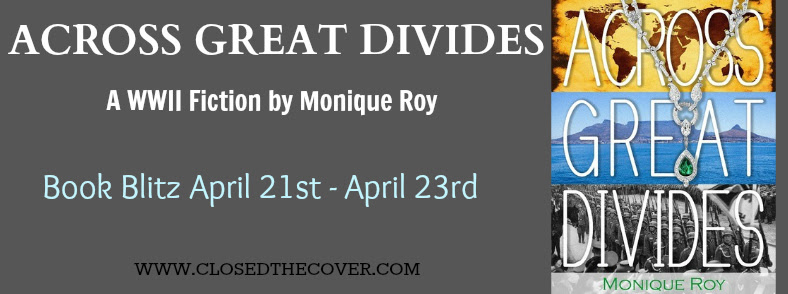

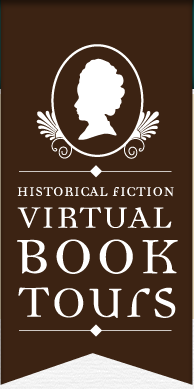
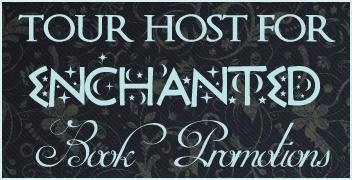




 RSS Feed
RSS Feed

